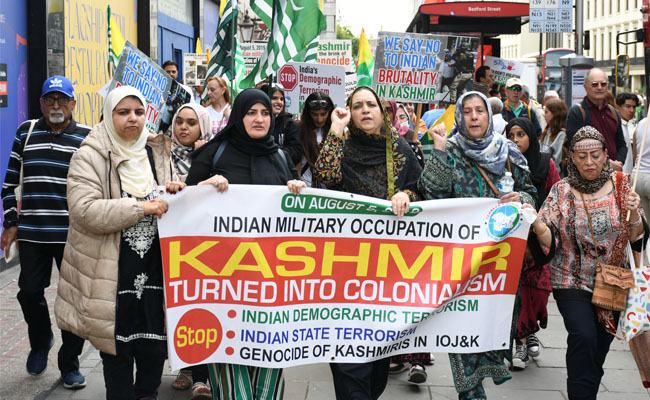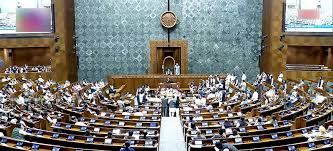India orchestrating diplomatic tour to mislead world on Kashmir situation
 Srinagar: India has invited foreign diplomats to visit occupied Jammu and Kashmir to witness the ongoing sham elections, in an attempt to mislead the world about the ground situation in the UN-acknowledged disputed territory.
Srinagar: India has invited foreign diplomats to visit occupied Jammu and Kashmir to witness the ongoing sham elections, in an attempt to mislead the world about the ground situation in the UN-acknowledged disputed territory.
According to Kashmir Media Service, India’s Ministry of External Affairs has extended invitations to around 20 diplomats from select embassies, including the US, France and Germany, to visit IIOJK on a two-day trip starting September 25.
The move has raised eyebrows, with critics arguing that it is an attempt to showcase a false mantra of normalcy in the territory, which has been stripped of its special status in 2019.
They ask how an election can replace a UN-promised plebiscite to determine the political future of the internationally recognized disputed territory. UN resolutions, they say, clearly state that elections cannot substitute for resolving the Kashmir dispute
The critics counter the credibility of elections as thousands of Kashmiris, including leaders, youth, women, clerics, lawyers, human rights defenders, and journalists, are jailed, silencing their voices.
They also argue why the diplomats will have a limited access during their visit, with some describing it as a “guided tour.” Additionally, some embassies have complained about the short notice period for the invitation. The Canadian High Commission was notably excluded from the invitation, sparking questions about the criteria for selection.
This is not the first time India has organized such a visit. In 2020, the government took foreign diplomats to Jammu and Kashmir after the revocation of Article 370, aiming to demonstrate the territory’s progress towards normalcy and development. However, the international community remains skeptical about India’s intentions especially when Kashmiris’ identity and rights have been snatched the territory has been divided for political gains.
Despite India’s claims of normalcy, the territory has witnessed an uptick in violence. The international community is urged to look beyond the guided tour and consider the complexities of the territory’s situation. The visit has also been criticized by Kashmiri leaders, who argue that elections cannot replace the UN-promised plebiscite to determine the region’s political future.








